This week we talk to popular children’s author, Jeremy Strong
Q: Hi, Jeremy Strong, how are you doing? What have you been up to so far this year?
Covid has caused many problems around the world, but luckily, writing is something one can do anywhere – even up a tree, like Mina in David Almond’s wonderful My Name Is Mina. I have been marooned (fortunately, one might say) by Covid regulations in Turkey for a year, but writing has continued.
I have two writer friends, and we slip away for a few days to write every so often. It’s very productive, and fun too. We take turns to cook, and we make sure there’s a decent cellar for the evening. Then we discuss our work and read to each other. We work in three different genres, so there’s no competition – just good company.
Q: Over the time you have been writing for children, have you noticed themes come and go, or do some topics always interest young readers?
Of course – there are long- and short-term favourite themes. For example, mystery stories appear to be ‘in vogue’ at present. Then there are the perennial favourites like dinosaurs, pirates, fairies, animals – especially cuddly ones, monsters, ghosts, vampires and so on. I think children mostly lead the themes that arise, but publishers also look for specific things at certain times. ‘Inclusive’ stories, for example, are much sought after at present, and rightly so.
Q: Armadillo and Hare and the Flamingo Affair, your latest book, was published in May. What else is in the pipeline?
I hugely enjoyed writing the Armadillo and Hare stories. They were a departure from my usual writing style, moving into, dare I say, more thoughtful territory. This year I have been working on two new books. One is a fast-paced comedy in the old style about a wrongly imprisoned old lady who escapes to prove her innocence. The other book is a collection of short mystery stories, also comical but more in the new style.
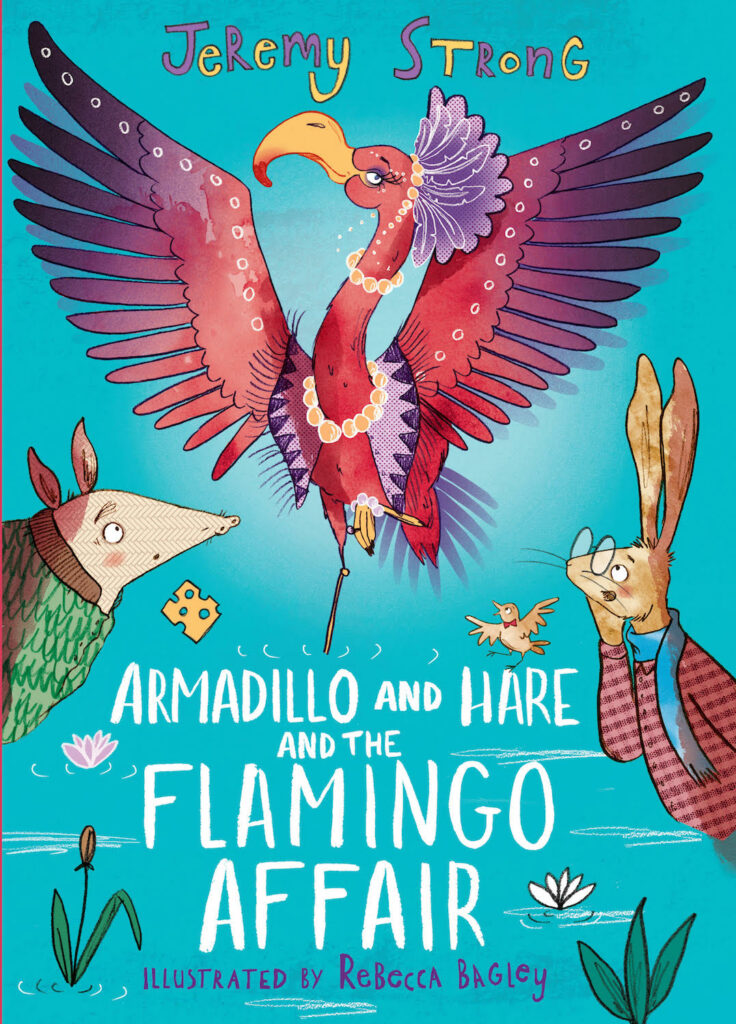
Q: It must have been lovely when CBBC televised your book There’s a Viking in My Bed. What was it about that particular story that lent itself to dramatisation?
I wrote three stories about Sigurd, and they are still often used in schools when children learn about Vikings. They are all very visual, which makes them good TV material, but also there is Sigurd’s speech, a strange kind of mangled English that appeals strongly to children who know what it should be. So, the dialogue makes good TV material too. I thought the BBC did a pretty good job with Sigurd.
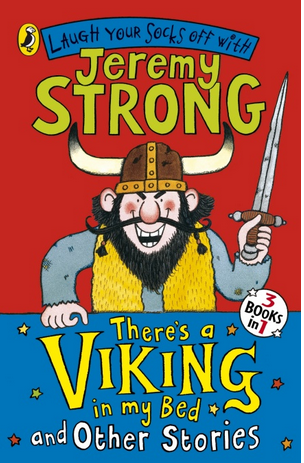
Q: You write books for primary school children, such as The Hundred-Mile-An-Hour Dog series, through to Stuff: The Life of a Cool Demented Dude for teenagers. How easy is it to keep the intended age group in mind as you write?
That’s a good question which I have never really thought about. I just did it! I suppose because Stuff is a first-person narrative, it was easy for me to go back to being a teenager. Also, I couldn’t work on anything else when I was writing Stuff. That would have been too awkward. I needed to stay in that teen realm.
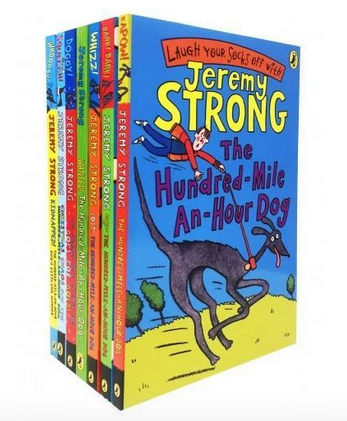
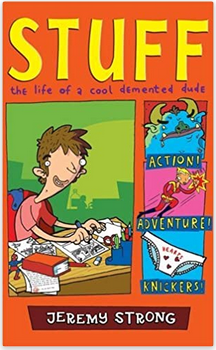
Q: You have written several books for children with dyslexia. Can you outline some of the considerations required for this audience?
People with dyslexia of whatever age are not stupid. It’s common knowledge now that many people with dyslexia are high achievers in life. As a headteacher, I once witnessed an eight-year-old boy being ‘discovered’ as having dyslexia. I was on the edge of tears because of what the child had been struggling with and us ‘clever’ adults having no idea.
The most important rule, I think, is to write subject matter you would write for anyone of that age group. In other words, no patronising. However, how you write is important. Vocabulary needs to be simpler to read. What you say can be quite sophisticated but written in simpler language. Sentence construction is important too. A simple example: ‘At the fair, they went on the helter-skelter’ is better written as ‘They went on the helter-skelter at the fair’. Long sentences should be avoided.
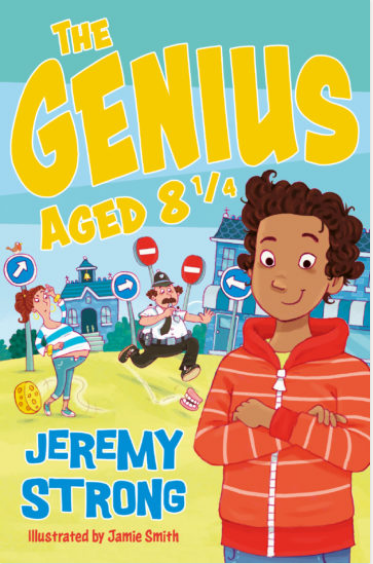
Q: 1 in 8 schools across Britain do not have a library – have you had experience of the educational inequality within the school system or met anyone who has?
I have visited well over a thousand schools in all education sectors, so yes, there is inequality between the state and the private sectors because there are two systems. I do not know if this is still true, but when I was teaching in the state sector, funding for schools differed from one local authority to another. Kent, for example, paid considerably less per pupil than Hampshire, despite both being Conservative local authorities.
These differences ran right across Britain. The funding difference between the state and the private sector remains huge. Even the private sector suffers from unequal funding.
Then there are staffing and class sizes. Schools can not only suffer from lack of funding but poor leadership leading to poor staffing. And, of course, school catchment areas vary tremendously. In the end, it comes down to management. I have been to schools with identical catchment areas and found one doing amazing things and the other barely able to move forward in any direction. I also met the heads and staff of both schools – and that explained everything! I should add that there is also inequality in the classroom between individuals, sometimes arising from teacher expectations and, it has to be said, prejudices.
However, what I remember most are the many truly amazing schools, buzzing with energy, fun, and purpose, that I had the honour of being invited to visit.
Q: What book or books do you think all children in schools should be given to read?
Anything they want to read – assuming they do want to read. It really doesn’t matter. I didn’t read The Beano until I got to university. To think I’d missed all those earlier years!
Q: Ok, so the final question Jeremy Strong – if all the libraries in the world were burning and you could only save three books, what would they be and why?
That’s really not fair! If it was an adult choice: The Complete Works of William Shakespeare, The Little Town Where Time Stood Still by Bohuslav Hrabal and Spike Milligan War Memoirs. Children’s choice: Love That Dog by Sharon Creech (what a book!), Winnie the Pooh and Hilary McKay’s The Skylarks’ War.
Thank you for visiting our blog. Our vision here at Books2All is a world where every child finds the books that help them reach their true potential. If you have spare books in good condition at home that you think might be appropriate for school children or represent a school and would like to register to receive donated books, please download the Books2All app from the App Store or Google Play.

